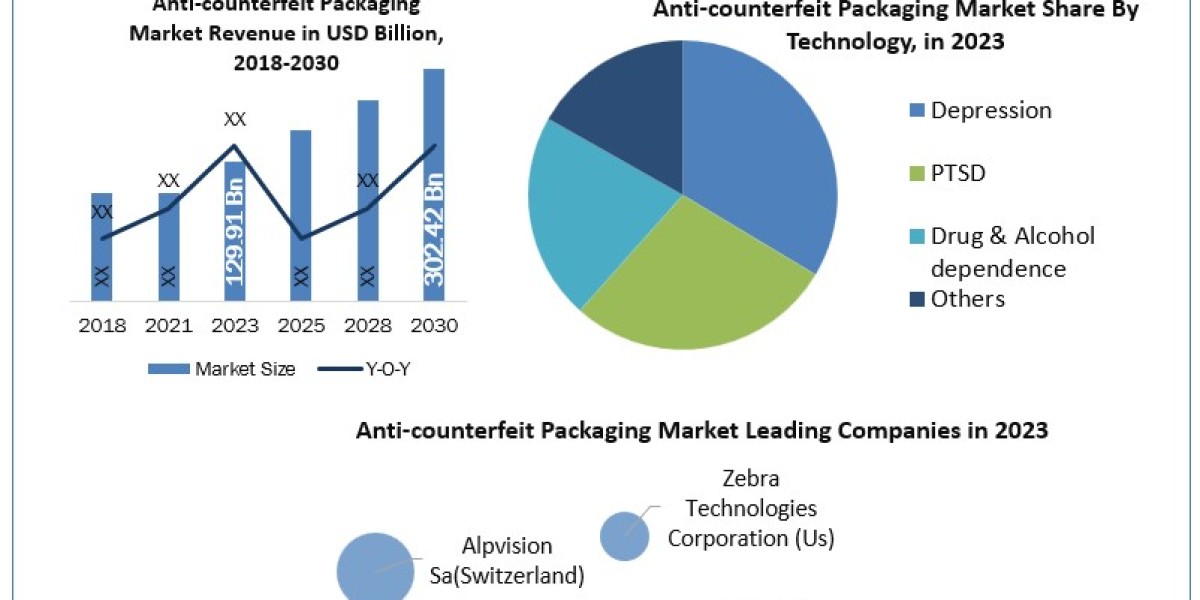A neurodevelopmental illness called attention-deficit/hyperactivity disorder (ADHD) is typified by problems with maintaining focus, reining in impulsive behaviors, and excessive activity. Although it affects people of all ages, children are frequently diagnosed with it. People who have ADHD may have difficulties in the workplace, in relationships, and in their academic pursuits. Regrettably, substance abuse can also be made more likely by ADHD, which can have a number of detrimental effects. It is essential to comprehend the connection between substance misuse and ADHD in order to develop effective preventative and intervention measures.
The Connection Between Substance Abuse and ADHD:
Studies have consistently demonstrated a link between substance misuse and ADHD. Those who suffer from ADHD are more likely than those who don't to experiment with drugs and alcohol. There are multiple variables that lead to this heightened susceptibility:
Impulsivity: Being impulsive is one of the main signs of ADHD. People with ADHD disorder are more prone to participate in dangerous activities like substance misuse because they may behave without thinking through the ramifications of their actions.
Self-Medication: To help them deal with the difficulties brought on by their condition, some people with ADHD may turn to drugs or alcohol. In order to cope with symptoms like restlessness, anxiety, or trouble concentrating, they could turn to drugs or alcohol.
Peer Influence: People with ADHD frequently struggle socially, and this may make them more vulnerable to peer pressure. Joining groups with friends who consume drugs can make experimentation more likely.
Neurological Factors: Differences in the structure and function of the brain, particularly in areas related to impulse control and reward processing, are linked to ADHD. These neurological variations may make people with ADHD more likely to seek out the rewarding effects of drugs.
Hazards Connected to Substance Abuse and ADHD:
When substance addiction and ADHD coexist, there might be dangerous outcomes, such as:
Worsened ADHD Symptoms: Abuse of substances can aggravate pre-existing ADHD symptoms, making day-to-day chores and obligations even more difficult to handle.
Academic and Workplace Impairment: Abuse of substances can affect one's ability to learn and perform at work, which can make it harder to reach one's full potential.
Physical and Mental Health Disorders: Abuse of substances can aggravate conditions like liver damage, heart problems, and respiratory disorders. Additionally, it might make mental health issues like anxiety and depression worse.
Legal Difficulties: Abusing substances increases the possibility of running into trouble with the law, such as being arrested for possession or drunk driving.
Strategies for Prevention:
Preventing substance addiction in people with ADHD necessitates a multifaceted strategy that takes into account their particular requirements. Among the successful preventative techniques are:
Early Intervention:
Reducing the likelihood of substance misuse can be achieved by identifying and treating ADHD early on. Support services, pharmaceutical management, and behavioral therapy could all be part of this.
Education and Awareness: Educating people about the connection between substance usage and ADHD might help them realize the hazards. It can be easier to identify and treat ADHD and drug usage early on if parents, educators, and medical professionals are aware of the symptoms.
Skills Training:
Giving people with ADHD problem-solving methods, impulse control approaches, and coping skills might help them better control their symptoms and lessen the chance that they will turn to drugs or alcohol for solace.
Creating Strong Support Networks: Helping people with ADHD to create these networks will give them the social support they need to overcome obstacles without turning to drugs or alcohol. This could be putting them in touch with peers who have gone through comparable things or including family members in their care.
Monitoring and Supervision:
Keeping an eye on and providing supervision to people with ADHD can assist avoid substance usage, particularly in high-risk circumstances like social gatherings or stressful times. This could entail establishing unambiguous boundaries, imposing penalties for reckless behavior, and offering constant support and direction.
In summary:
Substance addiction and ADHD frequently co-occur, which presents serious difficulties for those who are impacted and their families. Creating successful preventative and intervention plans requires an understanding of the connection between these two illnesses. We can assist people with ADHD in leading healthy, drug-free lives by implementing early intervention, offering information and support, and developing coping skills. By working together, we can lessen the negative effects that substance misuse and ADHD have on both individuals and communities.







